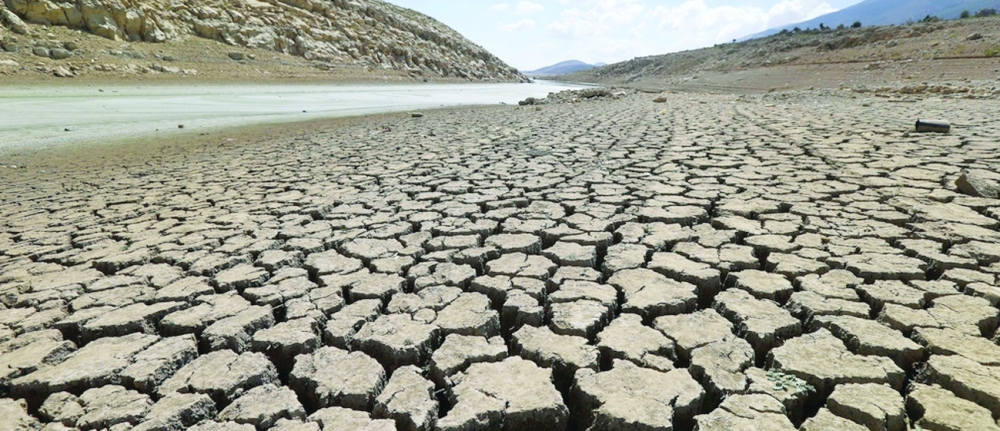

Building resilience: Financed by the Green Climate Fund (GCF), the two-year project will be implemented by the FAO Representation in Oman
An agreement signed recently by the Omani government with funding support from the Green Climate Fund (GCF) – the world’s largest climate fund – will help the Sultanate of Oman assess and tackle potential climate change impacts across a number of fronts.
Covering a two-year timeframe, the project will support studies, build awareness and help formulate solutions to mitigate climate change threats to agriculture, groundwater resources, food security, coastal communities imperiled by sea levels, and other socioeconomic sectors.
According to the Food and Agriculture Organisation (FAO) of the United Nations, an amount of RO 365,000 ($950K) has been earmarked for the initiative by Green Climate Fund (GCF), the largest global fund set up under the UN Framework Convention on Climate Change (UNFCC). Based in Incheon (South Korea), the Fund assists developing countries in adaptation and mitigation practices to counter climate change.
The project, focusing on the theme, ‘Building Resilient Environment and Sustainable Agriculture and Water’, will be implemented by the FAO Representation in Oman, in coordination with the Ministry of Agriculture, Fisheries and Water Resources (MAFWR), the national designated authority in the form of Civil Aviation Authority (CAA), and Sultan Qaboos University (SQU).
“The project, the first of its kind to be implemented in the Sultanate of Oman, will conduct studies, raise awareness and develop solutions to key climate change threats to the country’s agriculture and water sectors, such as sea water intrusion into aquifers and increasing water scarcity,” said the FAO in a statement.
“For example, one of the project’s activities will look at main conventional water sources, namely groundwater, including the traditional Aflaj systems, and analyse the impacts and extent of sea water intrusion on groundwater quality and availability. This will help to identify appropriate integrated water management solutions and inform future policy decisions to sustainably manage the resource,” it further noted.
Also as part of the project, the FAO will assess the potential for climate-resilient crops to be cultivated in the Sultanate of Oman to ensure food security and sustainability in the face of climate change. Options for the farming of salt, drought and heat-tolerant crop species will be explored as well – moves that will also support job creation and stimulate the local economy.
Significantly, stakeholders across the sectors imperiled by climate change will be included in the FAO-led project. In addition to government ministries, public and private sector organisations, NGOs and civil society organsations, the project will also involve academia, farmers’ organisations and women’s associations.
“A central repository for project and investment information on climate-related agriculture and water issues will be developed, to foster the creation of collaborative, informed, multi-disciplinary solutions to the impacts of climate change. Strengthening stakeholder coordination, planning and knowledge mechanisms on the most pressing climate risks to water resources, food security and agriculture will help prepare Oman to access larger-scale climate finance and take advantage of the country’s efforts in mitigating and adapting to climate change,” FAO added in its statement.
Rising global temperatures, unless urgently reined in, could potentially have disastrous consequences for the Sultanate of Oman, experts warn. In addition to reductions in annual rainfall, climate changes will also result in dramatic impacts to surface and groundwater resources, with knock-on effects for agriculture, livestock, fishing and even public health. Flash flooding in the wake of unseasonal storms will also pose a more frequent challenge.
The National Strategy for Climate Change Adaptation and Mitigation (2020 – 2040), adopted by the Omani government in October 2019, seeks to position the country on a trajectory of “low-emission, climate-resilient growth”. At the same time, it aims to harness opportunities to drive employment generation, support climate risk management of vulnerable communities, and sustainably steward the nation’s scarce natural resources.
(Picture for illustration only)
Oman Observer is now on the WhatsApp channel. Click here



